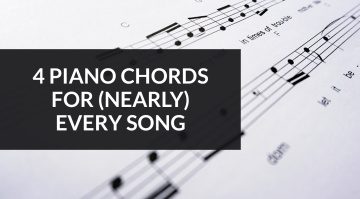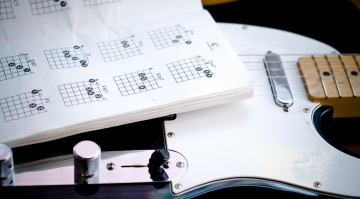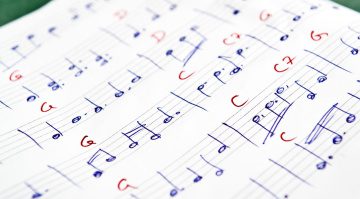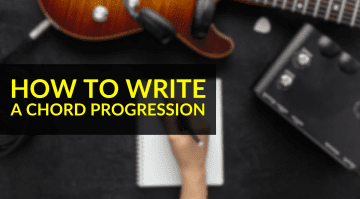Chord Progressions for Guitar: 5 Combinations for Your Playing
Chord progressions are the building blocks for any song. Sure, a fast riff is cool, but why not learn about the core foundations of your favourite tracks? Here are some good ones to get you started.
5 Common Progressions:
Chord Progressions for Guitar: What Are They?
So, what is a chord progression? As a guitarist, or indeed any musician, you’ll have heard that phrase thrown about a lot. Essentially, it refers to the order of chords within a song. Now, what order you place those chords in will affect the feel, style and genre of the music.
Ideally, we want to get a good understanding of how various progressions sound. For example, your basic blues is referred to as a one-four-five. Meaning, that we’re using the first, fourth and fifth chords within a chosen key. But more on that later.
Firstly, before we look at some common chord progressions for guitar, we’ll need to understand Roman numerals. We give chords within a scale a number. In C major, the 1st note or chord would be C, followed by D as the 2nd, E as the 3rd and so on. If you see a set of Roman numerals as lowercase letters, this refers to a minor chord. Whereas uppercase letters are always major.
Roman Numerals:
- I = 1
- II = 2
- III = 3
- IV = 4
- V = 5
- VI = 6
- VII = 7
Blues Basics
So, let’s start simple. Our first look at chord progressions for guitar comes from blues music. Like we spoke about earlier, this is our one-four-five.
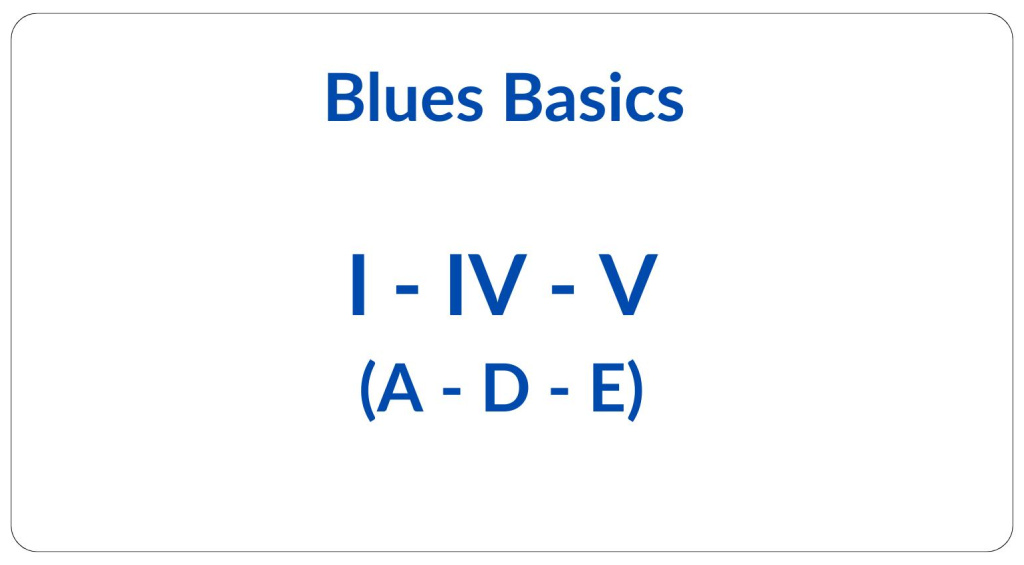
Here, we’re working in the key of A. This is because it’s a nice key to work with, as we can play all three chords as open, and or power chords should you wish. The first chord is A, number one. Followed by a fourth, and then concluded by E which is the perfect 5th.
When we go from a V to a I chord, we refer to it as a perfect cadence, and it makes the progression sound finished. This sort of chord progression features heavily in hundreds of blues songs. Just think of Johnny Be. Goode by Chuck Berry and Lay Down Sally by Eric Clapton.
Pop Perfection
From one genre to the next, most pop songs typically feature this chord progression. This time, we’re in the key of C major. This is a great key to work with, as it doesn’t have any sharps or flats. Easy chords for everyone!
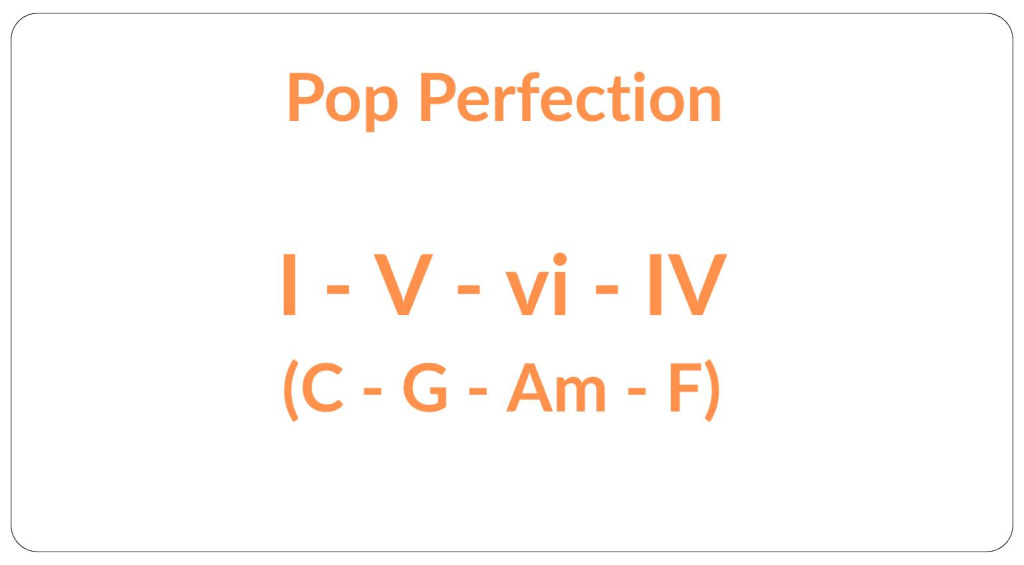
This time, we have four chords in our progression, which gives any song with this order a nice balanced feel. The minor 6 chord creates tension, which is then resolved by the four chord at the end which is major.
Whichever key you choose, this one-five-six-four pop progression will have the same feel. To get more of an idea of how many songs have used this progression, there’s a well-known YouTube video that helps to explain it a bit more:
Classic Rock
More bread and butter stuff here. Typically, playing it safe when it comes to your chord progression usually means that your new record will actually sell. People like familiarity. Next up, we’re going more classic rock!
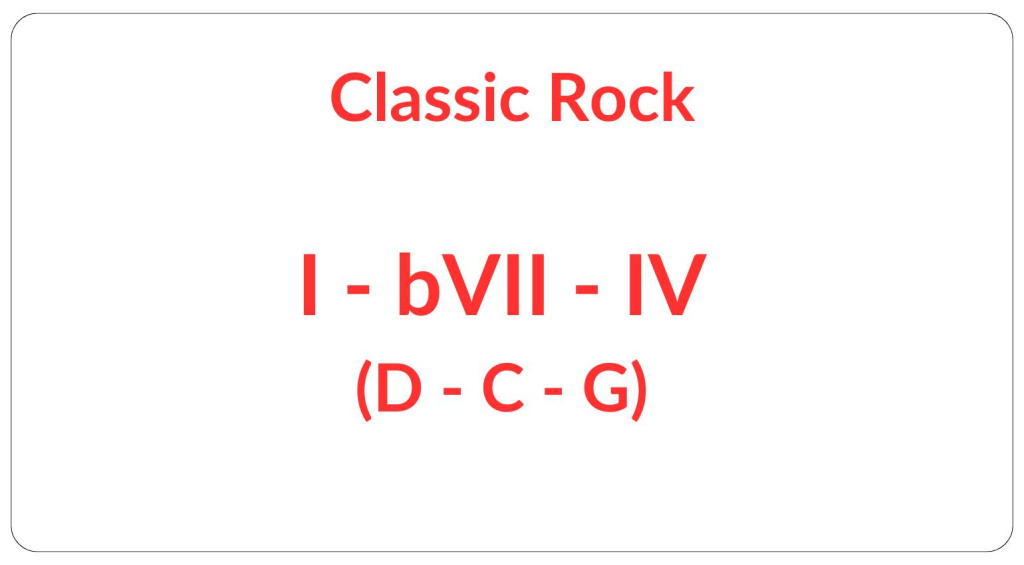
Now, don’t get me wrong, not every song within the classic rock genre will have this progression. However, hallmark songs such as Sweet Home Alabama use this. Simply switch the key, and I’m sure you can find some more greats! Whether playing clean or with distortion, it’ll sound great.
With the relationship from the I chord to the flattened 7th chord, we can actually lean on the mixolydian mode for this one. For improvisation, we can also use the D minor pentatonic for easy soloing!
Jazz Basics
Okay, time to get serious. Get out your sports jacket, scarf and fancy hat, we’re going for some jazz chord progressions.
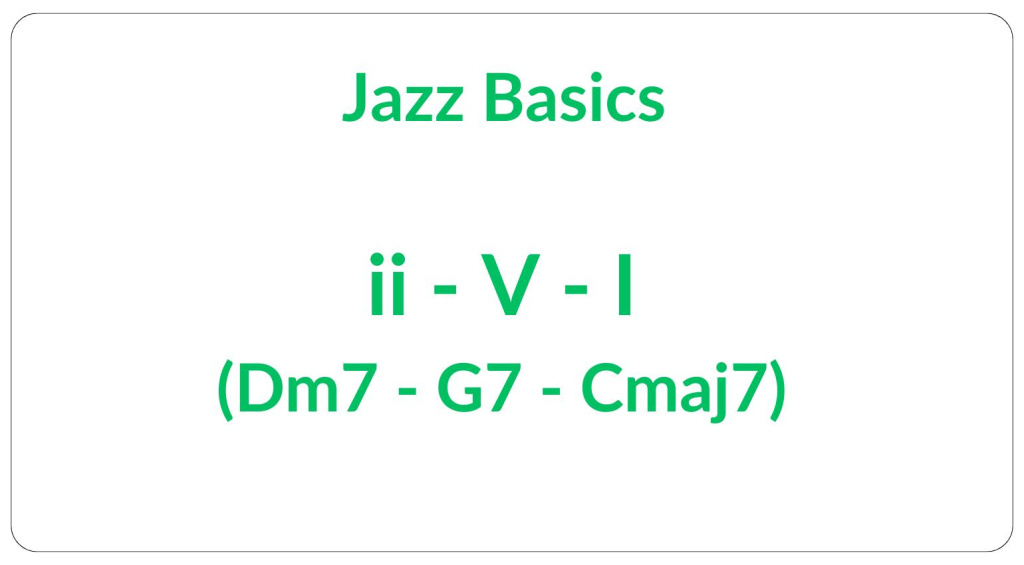
There are all sorts of jazz progressions out there. Django Reinhardt’s Minor Swing is a great example, which is very similar to our blues progression from earlier. However, if we add some minor, natural and major 7ths to this two-five-one progression, it’s amazing how fast we could write a jazz track.
If it were me, I’d play two beats on each of these chords. With the option of doubling up on the I chord at the end, or adding an F major to make it feel more resolved. Moreover, playing each of the chords with a shuffle like strumming pattern will really level things up in terms of a Jazz feel.
Dramatic Rock
Concluding our look at common chord progressions for guitar, we’re going a bit heavier. Dare I say it, some Emo songs could use this sort of chord order. Think Snow Patrol or Paramore.
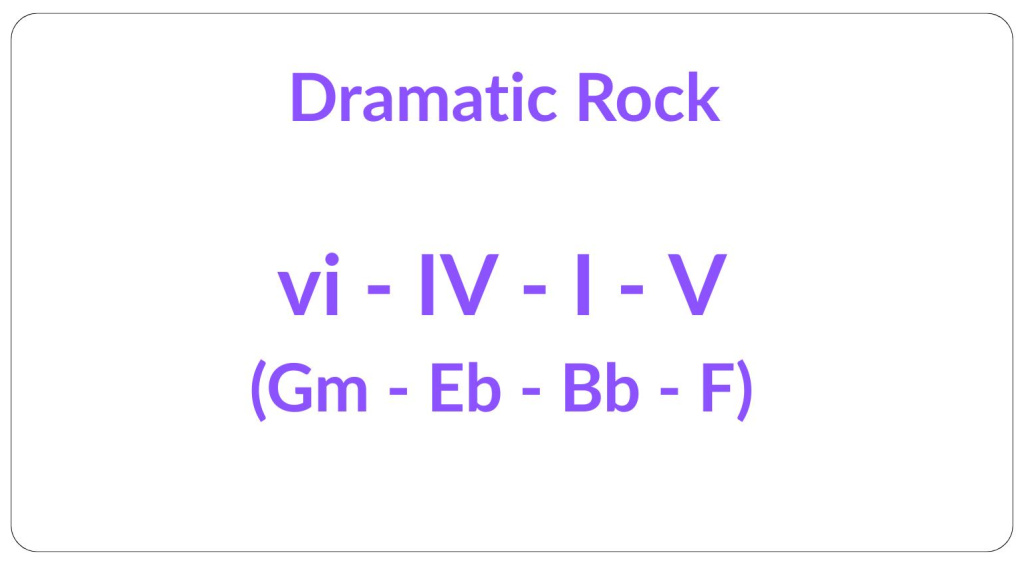
This chord progression has a great balance of chords. Starting on the minor 6th chord, we have a melancholic beginning, which is slowly rectified thanks to the following major chords. Don’t be scared by the Eb and Bb chords, they’re only here because we’re in the key of G minor.
Let’s say we modulated to Am instead, we’d be working with Am / F / C / G, which all look much more appealing. Despite changing the chords, the order stays the same, and therefore, the feel of the music also remains. Cool, right?
Relevant Gear
It’s all well and good playing different styles and genres. However, what if you want a guitar to match? Well, for Blues I’d go for a trusty *Telecaster. Moving on to our Pop portion, you’d be fine with a *Stratocaster. Whereas, when looking at Classic Rock, maybe something like a *Gibson SG would help you out?

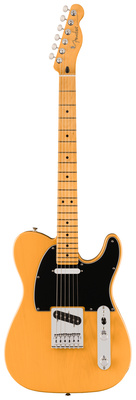




With regards to our Jazz chords, it has to be a big *hollow-bodied guitar. For the Dramatic Rock stuff, a well-sorted *single-cut guitar with humbucker pickups will help provide that deep sound, appropriate for the chords that you’ll be playing.

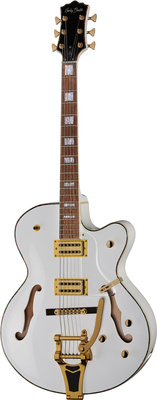

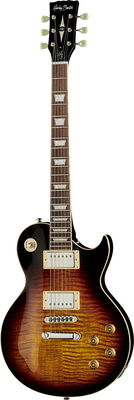
Videos:
Further Information:
*This post contains affiliate links and/or widgets. When you buy a product via our affiliate partner, we receive a small commission that helps support what we do. Don’t worry, you pay the same price. Thanks for your support!

 4,4 / 5,0 |
4,4 / 5,0 | 




